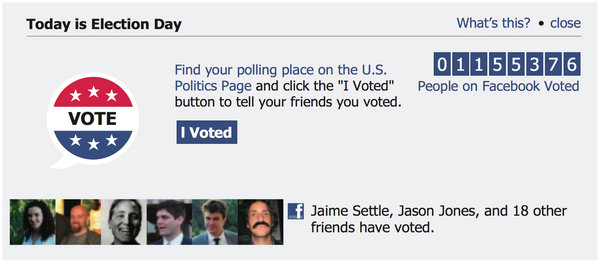Right now the current royalty rate that music streaming platforms such as Spotify, Pandora, and Rdio have to kick back to artists is $0.0011 per play. And while there's currently a bill making the rounds attempting to lower the rates, Cellist celebrity (yes, that's a thing) Zoe Keating has devised a much more practical plan:
“The law only demands I be paid in money, which at this point in my career is not as valuable as information. I’d rather be paid in data.”
Keating wrote several posts on her Tumblr page detailing out her ideas. And it's picking up steam.
As someone who works for an incredibly data driven company, it's hard to argue against Keating. But I'm even more surprised that the importance of data is hitting the heads of those who don't spend their waking hours in the tech-sphere. Although, one could argue that with the state of how music is shared and accessed today, musical artists should always be quick to adopt or at least understand most online platforms.
h/t Derek Thompson
As shown in the breakdown above, CD sales aside, the bulk of an artist's income is carried in merchandise and tours. And as Keating noted in a follow up blog post, important user data such as zip codes can help plan out a much more successful tour based on a larger concentration of users streaming her music in a given geographical area, translating that landmine of data into a healthier bottom line.
That's really just the tip of the iceberg. If data is the new oil, and is in fact (and quite literally according to Keating) more valuable than actual money, then the intellectual human resources capable of extracting stories from that data is just as important.


